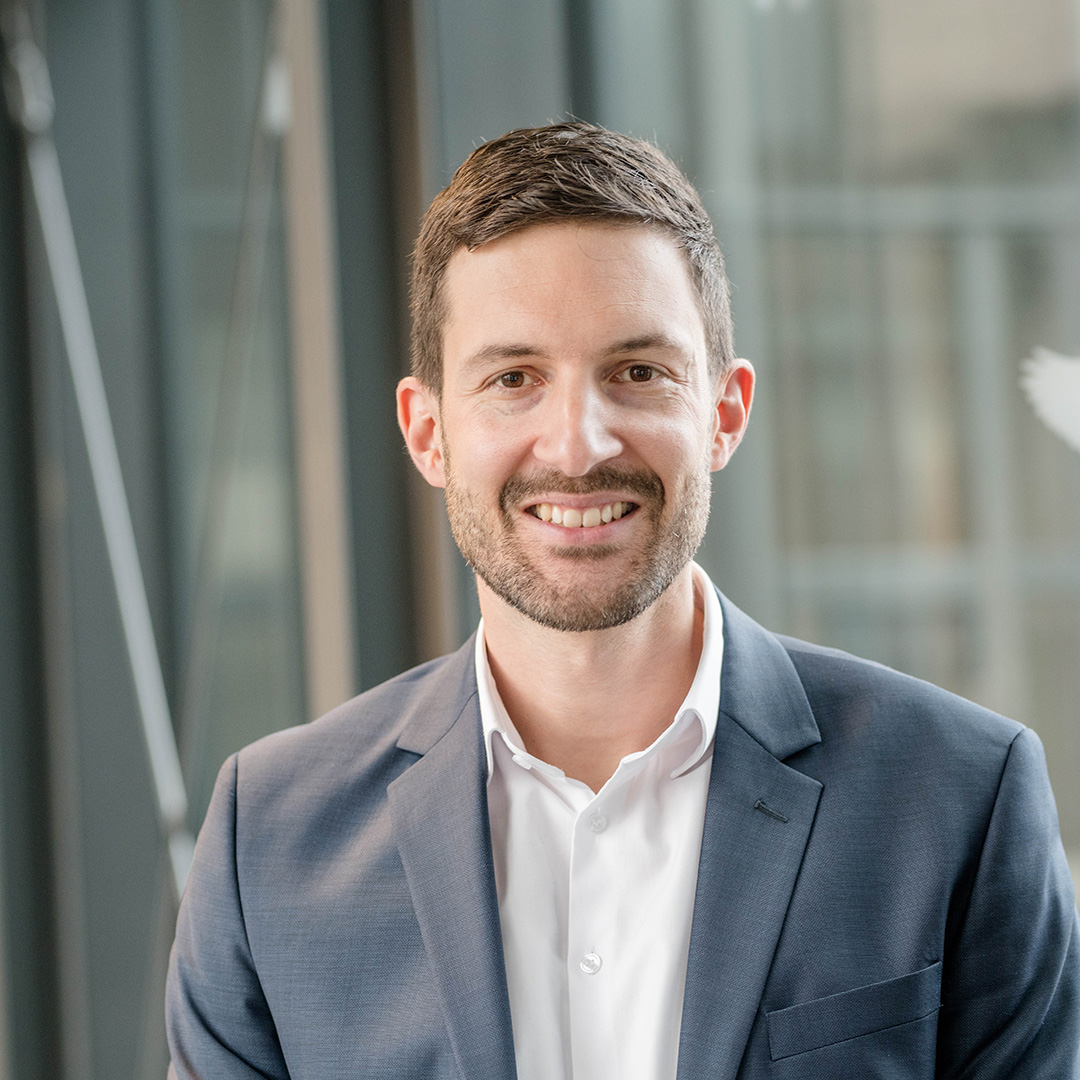
Prof. Dr Hendrik Hildebrandt
Observational cosmology
GAFO 03/919
Tel.: +49 234 32 24019
Research
One of the biggest questions in cosmology today is the cause of the accelerated expansion of the universe. Is this surprising property of the cosmos an indication of a cosmological constant? Is a new form of energy, often called dark energy, or a new, as yet unobserved particle/field responsible? Or is our theory of gravity, Einstein's general theory of relativity, incomplete? With the help of a wide variety of observational techniques, cosmologists today are trying to answer these questions.
The research activities at the Chair of Observational Cosmology focus on exploiting the weak gravitational lensing effect, potentially the most accurate observational method for studying the accelerated expansion. Much of this research is taking place within the framework of the German Centre for Cosmological Lensing (GCCL ), founded in 2019 with Max Planck/Humboldt Research Award funding from Visiting Professor Catherine Heymans (University of Edinburgh). Masses in the universe, such as galaxies or clusters of galaxies, affect the propagation of light and thus act similarly to optical lenses. This property leads to tiny distortions in the images of background galaxies that we take with large telescopes. The measurement of these distortions in combination with a measurement of the distance (redshift) of the background galaxies then allows to measure masses in the universe, i.e. to weigh cosmic objects.
These measurements are taken with large-format cameras on special wide-field telescopes. Since the effect is very small, large areas of the sky must be imaged in order to have enough galaxies (many millions) available for a significant measurement. Currently, the working group mainly uses data from the European projects KiDS (Kilo-Degree Survey; http://kids.strw.leidenuniv.nl/) and VIKING (VISTA Kilo-Degree Infrared Galaxy Survey). In the future, data from the LSST (Large Synoptic Survey Telescope) large telescope as well as the ESA/NASA Euclid satellite mission will be used.
The person
Training
Professional career
Photo: RUB, Marquard.

